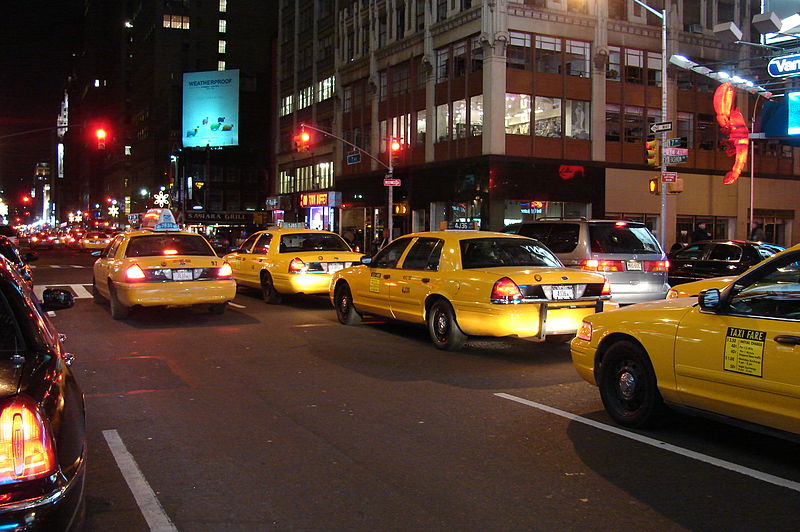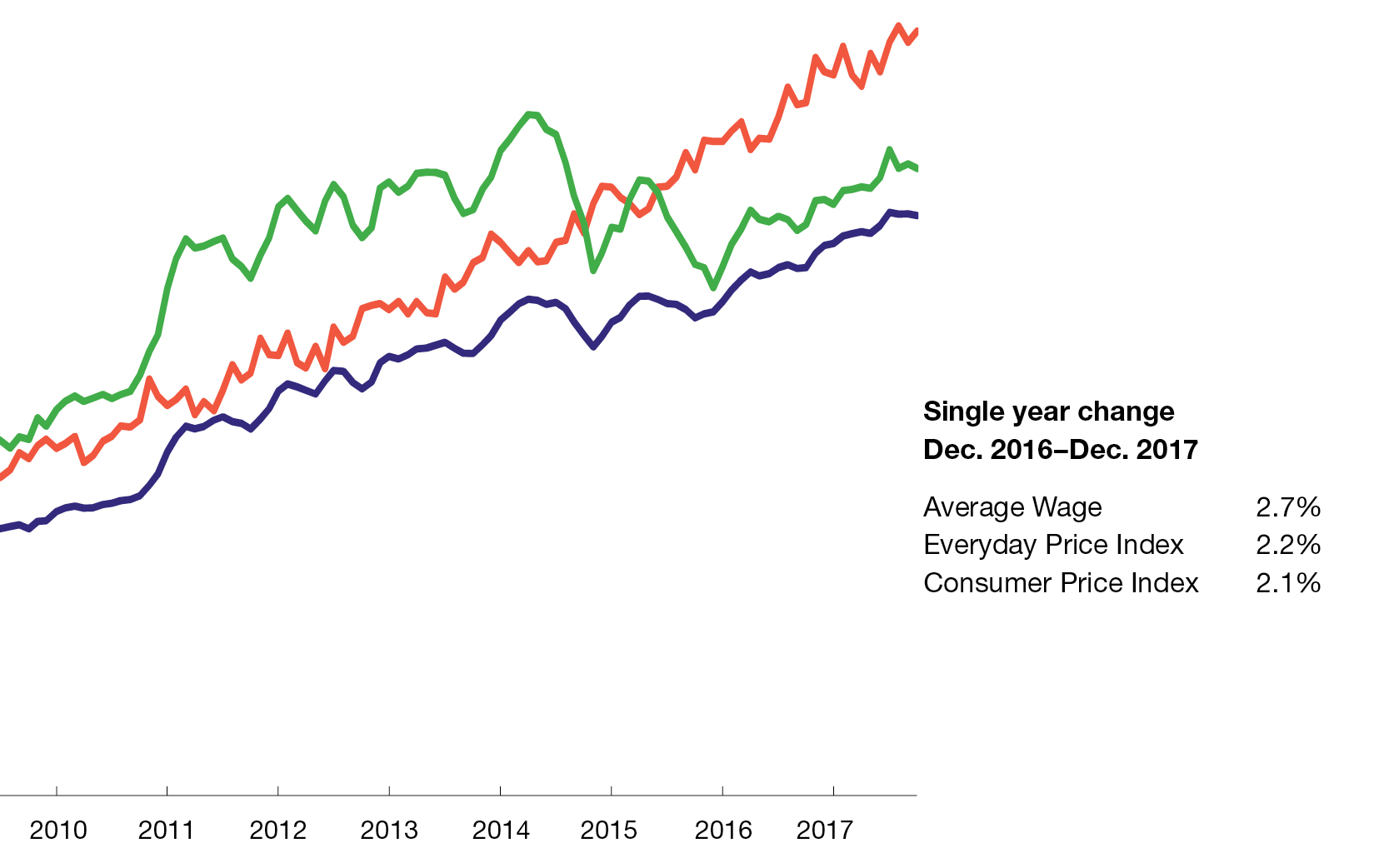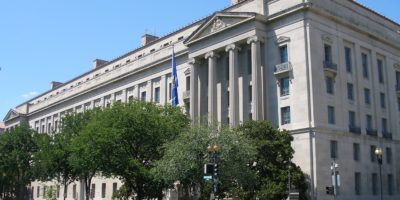Occupational Licensing Harms Consumers and Producers
The Trump and Obama administrations agree on at least one point: occupational licensure harms Americans both as consumers and as producers.
In 2015 the Obama administration released “Occupational Licensing: A Framework for Policymakers,” arguing: “There is evidence that licensing requirements raise the price of goods and services, restrict employment opportunities, and make it more difficult for workers to take their skills across State lines.” It noted the sharp growth in the number of workers who need licenses:
- More than one-quarter of U.S. workers now require a license to do their jobs, with most of these workers licensed by the States. The share of workers licensed at the State level has risen five-fold since the 1950s.
- About two-thirds of this change stems from an increase in the number of professions that require a license.
The report says “the current licensing regime in the United States also creates substantial costs, and often the requirements for obtaining a license are not in sync with the skills needed for the job.” It estimates that “unlicensed workers earn 10 to 15 percent lower wages than licensed workers with similar levels of education, training, and experience” and that “licensing laws also lead to higher prices for goods and services, with research showing effects on prices of between 3 and 16 percent. Moreover, in a number of other studies, licensing did not increase the quality of goods and services.”
The current secretary of labor, Alexander Acosta, agrees.
Both Acosta and the Obama report recommend ways for states to lighten the burdens of licensing laws and boost social mobility, such as recognizing licenses issued in other states. However, both concede that licensure can protect consumers.
This bipartisan indictment of licensing echoes what free market advocates have long maintained. Licensing violates people’s freedom to work, raises consumer prices, hikes incomes in protected occupations, and lowers incomes in unprotected occupations as people locked out of licensed jobs flock to unlicensed jobs.
Licensing is especially hard on low-income and less-educated people, who are barred, often by design, from occupations because the cost of required lengthy and often pointless schooling is prohibitive.
Nobel Prize–winning economist Milton Friedman called for an end to occupational licensing — including medical licensing — 55 years ago in his influential book “Capitalism and Freedom.” Friedman insists that licensing does not improve the quality of products and services and that it’s not the public that clamors for licensing:
The pressure on the legislature to license an occupation rarely comes from the members of the public who have been mulcted or in other ways abused by members of the occupation. On the contrary, the pressure invariably comes from members of the occupation itself.
Moreover, licensing is often controlled by those members. That may seem sensible, but Friedman adds:
Licensure therefore frequently establishes essentially the medieval guild kind of regulation in which the state assigns power to the members of the profession. In practice, the considerations taken into account in determining who shall get a license often involve matters that, so far as a layman can see, have no relation whatsoever to professional competence.
Friedman argues that the existence of licensing does not prove it is necessary to protect the consumer. A better explanation, he said, is that “a producer group tends to be more concentrated politically than a consumer group.” Here Friedman invokes the principle of concentrated benefits and dispersed costs. People produce, and people consume. But they tend to produce only one thing while consuming many things. Friedman writes:
The result is that people in the same trade, like barbers or physicians, all have an intense interest in the specific problems of this trade and are willing to devote considerable energy to doing something about them. On the other hand, those of us who use barbers at all, get barbered infrequently and spend only a minor fraction of our income in barber shops. Our interest is casual.
It’s clear who is more likely to invest time and money lobbying a state legislature.
So who will protect the consumer? As Friedman and his wife, Rose, would argue 18 years later in “Free to Choose” (1980):
On the whole, market competition … protects the consumer better than do the alternative government mechanisms that have been increasingly superimposed on the market.…The consumer is protected from being exploited by one seller by the existence of another seller from whom he can buy and who is eager to sell to him.
Competition is not the only protection for consumers. The market is nothing if not a producer of information, including information about vendors. Reputation plays an important protective role. Note the prominence of seller ratings on eBay and other online markets. Nongovernment certification, such as that provided by the 120-year-old Underwriters Laboratories, is another way that markets protect consumers.
Thus licensing yields no benefits we wouldn’t enjoy in a freed market. So who needs what Friedman called this “serious infringement on the freedom of individuals to pursue activities of their own choice”?







